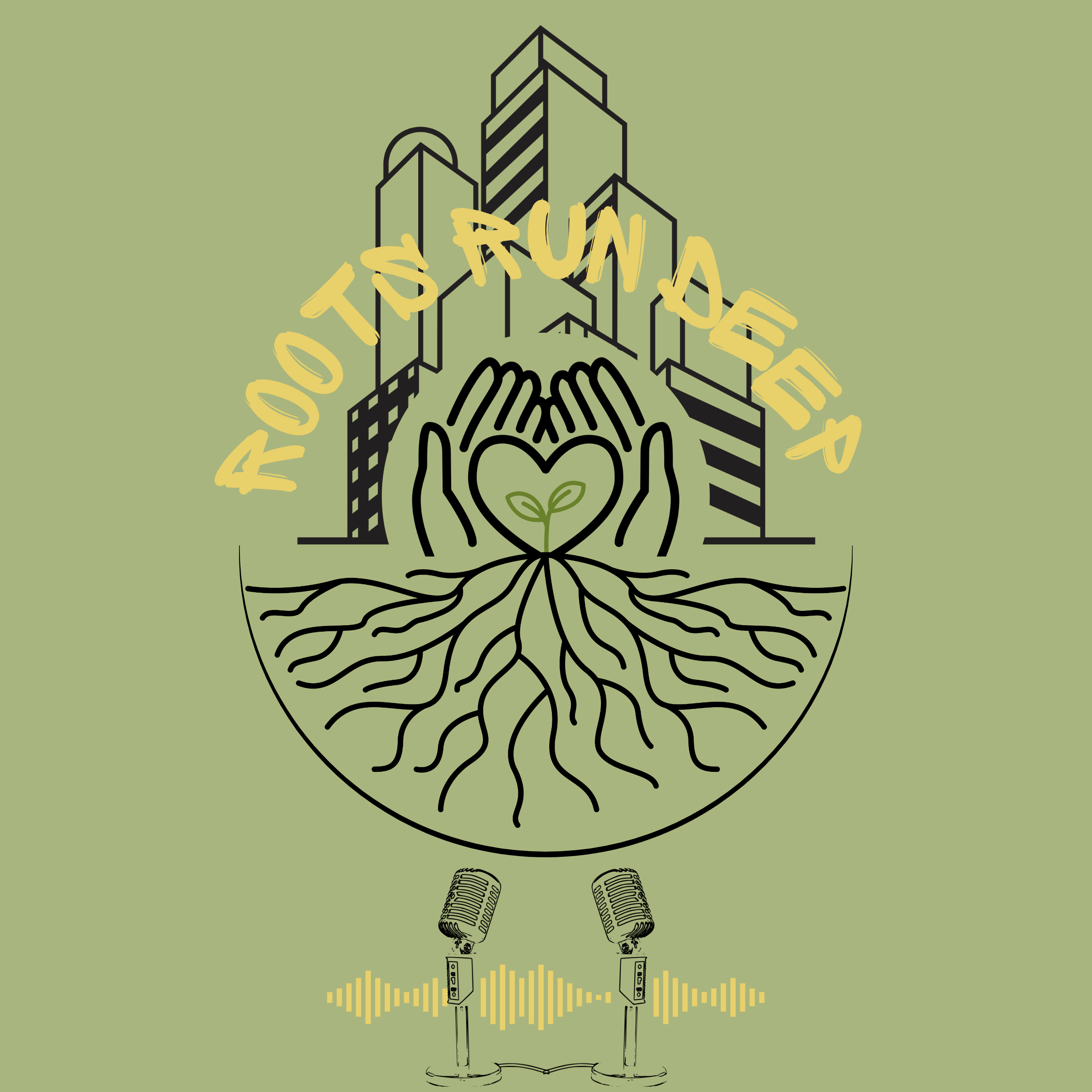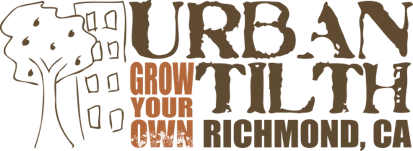
This episode of the Roots Run Deep podcast covers the topic of Deep Democracy. It is a phrase used to describe the process of localizing democratic decision making, especially in regards to decisions that impact natural resources.
The term “deep democracy” is said to be originally coined by Arnold Mindell. Mindell was an American physicist with a strong interest in psychology and psychotherapy analysis. Alongside his wife, Amy Mindell, they created several social and philosophical frameworks to help encourage awareness and community building. Deep Democracy, as described by Mindell, “is the principle behind a community building process that hears all voices and roles, including our collective experiences of altered states, and subtle feelings and tendencies. It is a principle that makes space for the separable, the barely speakable and the unspeakable.” It is an abstract process that focuses on managing conflicts to allow for equitable and accessible decision making on both an individual and group level.
Just Transition, also being a framework, has adopted the idea of deep democracy as a principle to be used in decision making around natural resources and environmental justice issues. This can look like moving away from fossil fuels to an energy democracy, in which everyone in a community can have a say in how energy is created and used. A hypothetical example of this would be if a city allowed for its residents to have control over whether they invest in something like solar energy over wind powered energy. It would go deeper if it also then allowed for residents to decide on how energy use would be prioritized between homes and businesses. This allows for a deeper democratization on a more personal and individual level. While still taking into account the larger communities needs, since what works for one city in the Bay Area may not work as efficiently and sustainability for another.
Currently we operate on a “majority rules” representative type of democracy which does allow for individuals to have a vote in certain areas of governance, but not all. We vote for representatives that then make key decisions that impact us on different levels. Every election cycle in America, there is a push for voter registration and participation. Yet there is a continuous struggle to keep voters consistent in both their engagement and participation. Democracy depends on voters to make their voices heard.
In this episode, our hosts also open up about their personal experiences and perspectives on the subject of voting. These opinions are shared prior (at the time of recording) to the most recent general election that occurred in the United States. Now, even though the polls have closed, it is still equally important to continue to take part in local and national elections. As always we encourage folks to feel empowered to register to vote and stay up to date with your registration status. Voting does not start and stop with choosing a presidential candidate. It is a privilege to have the right to vote, and exercising that right can hopefully move us toward a future with a deeper democracy at every level.
For the full discussion please listen to the Roots Run Deep podcast on the Urban Tilth Youtube channel or Spotify! (links below in order of appearance):
https://worldwork.org/about/worldwork-deep-democracy/
https://education.nationalgeographic.org/resource/democracy-ancient-greece/
https://civilrights.org/blog/understanding-barriers-to-voter-registration-and-how-to-fix-them/
Additional Links and Resources:
https://voterstatus.sos.ca.gov
https://www.brennancenter.org/sites/default/files/legacy/publications/Expanding.Democracy.pdf
https://climatejusticealliance.org/wp-content/uploads/2019/11/CJA_JustTransition_highres.pdf
